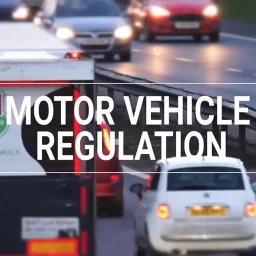Related Posts
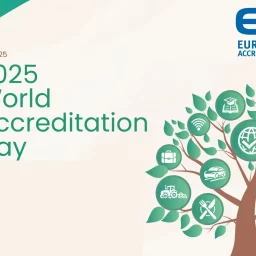
We celebrate World Accreditation Day each year on June 9.

Almost 200 participants attended the first workshop on AI.

Before the Diesel emissions scandal revelations in September 2015, the European Commission identified the need to address motor vehicle non-compliance.
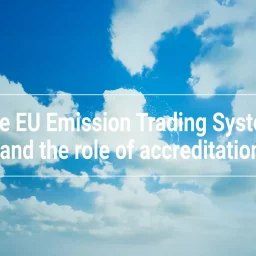
The EU Emissions Trading System (EU ETS) is the first international emissions trading system. It was established in 2005 and is remaining the largest carbon market.

On October 14, 2024, the European Commission adopted a new regulation on cybersecurity requirements for products with digital elements.

Maureen Logghe (BELAC, the Belgium National Accreditation Body) and Cecilie Laake (NA, the Norwegian NAB) have just been re-elected as EA President and Vice-President.
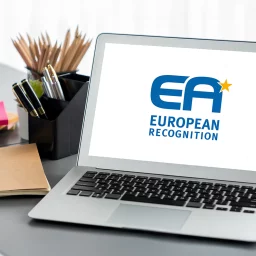
EA is pleased to announce the launch of its new Multilateral Agreement mark, the EA MLA Mark, as a new tool for the EA members and their accredited Conformity Assessment Bodies.

With support from the European Commission and ENISA, EA organized on the 27th of February an online workshop on the Implementing…

Accreditation plays a vital role in ensuring trust, quality, and compliance across all sectors, especially in the increasingly regulated sectors.
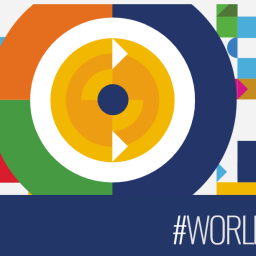
On World Standards Day 2025, CEN, CENELEC, EA, EURAMET, EUROLAB, PROSAFE and WELMEC come together to celebrate the vital role of partnerships in achieving the United Nations Sustainable Development Goals…

Fifty-five participants attended two Train-the-Trainer sessions organized by the EA Laboratory Committee on Accreditation of Proficiency Testing Providers
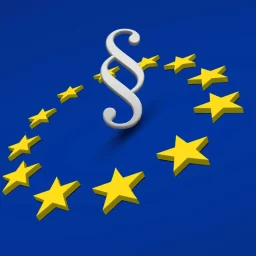
IntroductionPursuant to Article 2 (10) of Regulation (EC) No 765/2008, accreditation is defined as an attestation by a national accreditation…



